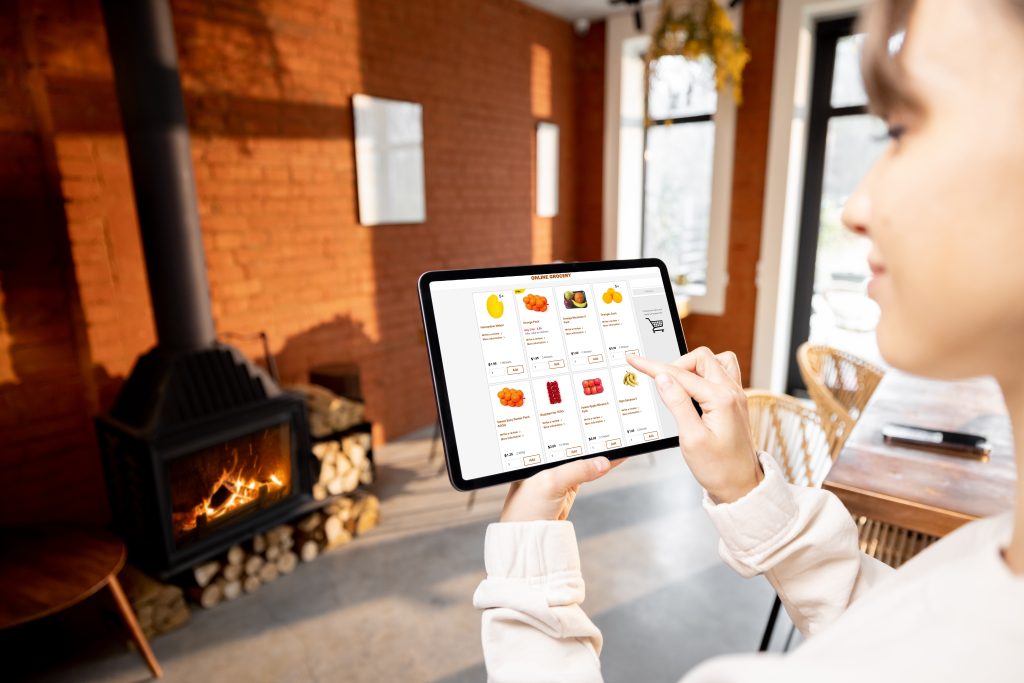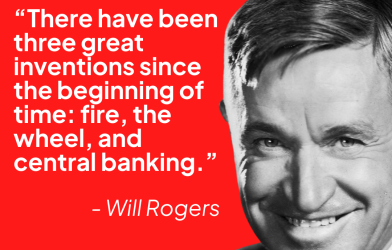Marketplaces have been a cornerstone of commerce for thousands of years. From ancient bazaars and trading posts to the bustling markets of the medieval era, the concept of a marketplace has continually evolved to meet the needs of society. Historically, marketplaces were physical locations where people gathered to buy and sell goods, exchange information, and socialize.
In the 20th century, marketplaces began to transform with the advent of technology. The rise of the internet in the 1990s brought about a revolution in how people engage in commerce. Online marketplaces, such as eBay and Amazon, emerged, allowing buyers and sellers to connect from anywhere in the world. This digital transformation has made it easier for individuals and businesses to access a global audience and has lowered the barriers to entry for many entrepreneurs.
The concept of marketplaces dates back to around 3000 BCE in ancient Mesopotamia, where people traded goods like grains, livestock, and crafts in open-air markets.
Modern marketplaces operate as platforms that facilitate transactions between buyers and sellers. They provide a digital infrastructure that supports various aspects of commerce, including listing products, handling payments, and managing logistics. Sellers create listings for their products or services on the marketplace, including detailed descriptions, prices, and images. Buyers then browse the marketplace using search functions, categories, and filters to find products they are interested in. Once a buyer finds a product they want to purchase, they complete the transaction through the marketplace’s secure payment system. After the purchase, the seller ships the product to the buyer. Marketplaces often offer integrated logistics solutions to streamline this process. Both buyers and sellers can leave feedback and reviews, which helps build trust and improve the overall experience.

Marketplaces make money by charging fees to sellers, which can include listing fees, transaction fees, and subscription fees for premium services. Additionally, some marketplaces generate revenue through advertising and partnerships.
eBay's first item sold was a broken laser pointer in 1995. The founder, Pierre Omidyar, listed it to test the site, and someone bought it for $14.83!
Entering the world of online marketplaces offers numerous opportunities for earning money. Individuals can start by selling products they create or source, ranging from handmade crafts to wholesale goods. Platforms like Etsy, Amazon, and eBay provide a ready-made audience for various products. Another approach is dropshipping, where sellers partner with suppliers who ship products directly to customers, eliminating the need to hold inventory. Shopify, coupled with platforms like AliExpress, is a popular combination for dropshipping businesses.

Freelancing services are another avenue. Marketplaces like Upwork and Fiverr allow professionals to offer their services, such as graphic design, writing, programming, and more, earning money by completing projects for clients around the world. Additionally, affiliate marketing provides an opportunity to earn commissions by promoting products from marketplaces. Amazon Associates, for example, allows participants to earn a percentage of sales generated through their referral links.
For those with entrepreneurial ambitions, creating a niche marketplace is a viable option. This involves building a platform, attracting sellers, and marketing to potential buyers, with examples including marketplaces for handmade goods, vintage items, or specialty foods.
Alibaba, one of the largest online marketplaces in the world, made $84.54 billion in revenue in 2022, showcasing the immense potential of these platforms.
Marketplaces have a rich history and continue to evolve with technological advancements. They provide a platform for entrepreneurs and individuals to reach a global audience and earn money through various business models. By understanding how marketplaces work and exploring the different opportunities available, your readers can tap into this dynamic and lucrative sector.














